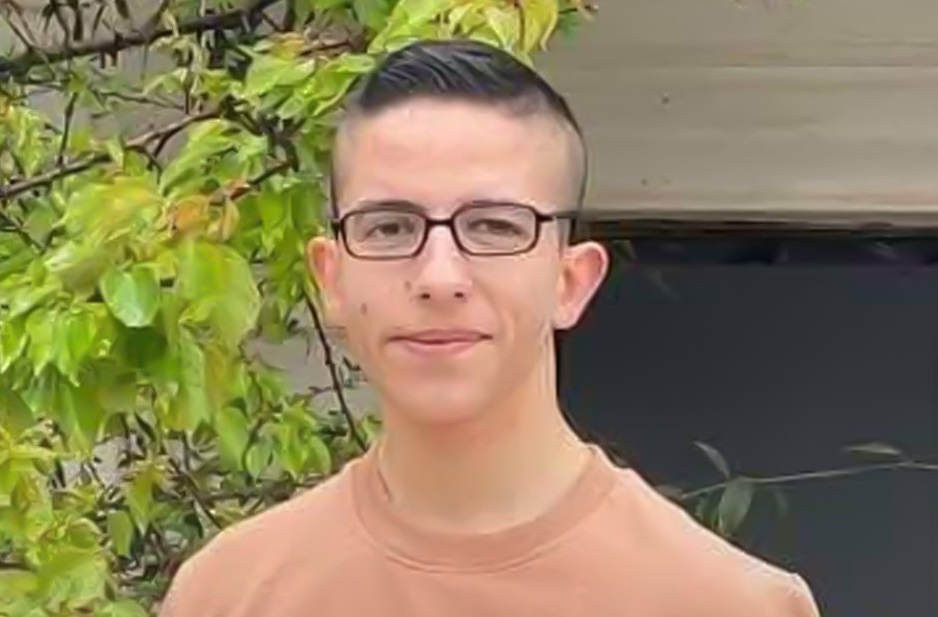WASHINGTON, DC, September 10, 2011 (WAFA) – Ten years after the Al Qaeda attack on the New York Twin Towers on September 11, 2001 and which resulted in a blanket blame of Arabs and Muslims for the attack, the Arab American community in the United States Friday warned that anti-Arab policies remain in force in US government circles.
At a policy conference the American-Arab Anti-Discrimination Committee (ADC) held in Washington, members of the community and a panel of US government officials and activists said that open communication between the community and government remains essential to overcome problems caused since the attack.
However, they said, “Cooperation with law enforcement must also go hand in hand with holding government accountable for its policies and actions,” according to an ADC recap of the conference.
“The community expects concrete changes and abolishment of post 9/11 policies and practices still impacting the community, such as data mapping, adverse immigration policies, racial profiling, and insidious surveillance practices,” said one of the conference recommendations.
“Without persistent monitoring of government actions and policies and assertive stances on the equal rights of members of the community, civil rights and liberties violations are all too likely to take place under the pretext of national security interests,” warned the participants.
The conference called on the Arab American community to “unite and combine resources and efforts to increase their capacity to strengthen the community’s voice in the political sphere.”
It urged them to get more involved in various aspects of society, stressing that “being American and being Arab are not mutually exclusive.”
“The time has come for the Arab American community to define their own narrative and not succumb to the ‘model minority’ paradigm, in which they feel obliged to continuously assert their patriotism and American identity in an effort to be accepted in their own country,” said the ADC statement.
“The Arab American culture and experience is a legitimate part of the mosaic that makes up America. Arab Americans need to recognize this and be proud of their identity and understand that they are ‘Fully Arab and Truly American.’ ”
The ADC panels called on the community “to be engaged in issues and matters impacting their lives as Americans,” urging them to also address issues outside the realm of national security and post 9/11-matters, such as the economy, education, and healthcare – “issues that impact us all as Americans.”
Panel discussions covered a number of areas, namely, counterterrorism and the damaging effects of racial profiling, the rise of employment discrimination in recent years, the vital importance of mobilizing and coalition building, the disturbing government practice of recruiting informants among the community and the surveillance of religious gatherings, as well as some of the progress made in government, such as the termination of the National Security Entry Exit Registration System (NSEERS) and increase in government dialogue with the community, and others.
ADC released at the conference its newest publication, “Arab and Muslim Americans Civil Rights and Identity: A Selection of Scholarly Writings a Decade After 9/11.”
The publication, marking 10 years after 9/11, “seeks to offer insight into the many dimensions of what Arabs and Muslims in America have faced throughout the past decade,” said the ADC statement.
The writings explore how Arab and Muslim Americans were impacted in relation to their civil rights and civil liberties, as well as their image in the public eye and their own sense of identity.
ADC, a non-profit, non-sectarian and non-partisan organization, defines itself as the largest grassroots Arab-American civil rights and civil liberties organization in the US. It was founded in 1980 by former US Senator James Abourezk. It has a national network of chapters and members in all 50 states.
M.A.










